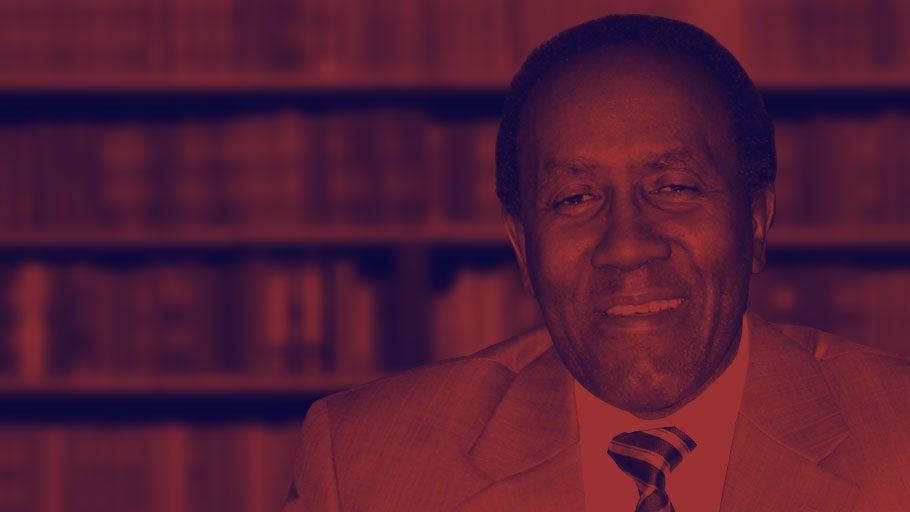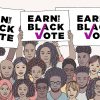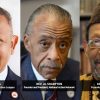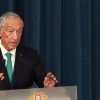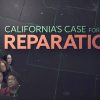By Basil Wilson 2/6/16
The trumpet has sounded for the next general election. Prime Minister Portia Simpson Miller announced at a mass rally in Half Way Tree on Sunday, January 31, 2016 that Parliament will be dissolved on February 5, Nomination Day will be February 9 and the Jamaican people will vote on February 25, 2016.
February 25 will mark the twelfth general election that has been held since Jamaica became an independent nation. The Jamaica Labour Party won the pre-independence election in 1962 and formed the first government of an independent Jamaica. The Party of Sir Alexander Bustamante won the election of 1967, 1980, 1983 and 2007. The other seven elections, 1972, 1976, 1989, 1993, 1997, 2002 and 2011 have been won by the People’s National Party.
When Michael Manley was returned to power in 1989, having lost the 1980 election and refusing to contest the 1983 election, the JLP were kept in the wilderness for eighteen years.
Even though the PNP dominated the bodypolitic from 1989 to 2007, there was no flourishing of economic growth. During the Michael Manley era, 1972-1980, there was a revolutionary expansion in the educational system that almost every child in Jamaica now has access to a high school education.
In the P.J. Patterson era, the entire banking system teetered on bankruptcy and the rescue mission of saving the banks deepened the mountain of debt that was a factor in crippling economic growth. One of the accomplishments of this era is that both political parties agreed on establishing an independent Electoral Commission and leaving the registration process and the counting of ballots to non-partisan professionals and not to party hacks.
The deposing of Edward Seaga from head of the JLP paved the way for the ambitious Bruce Golding to bring a new face to the fore and to win the election of 2007.
The JLP’s return to power could not have occurred at a worst time. By 2007, the Great Economic Recession that affected the global economy froze Jamaica from access to capital markets and like other developing countries, Jamaica’s economy contracted.
The Golding administration during those four years, 2007 – 2011, failed to convince the Jamaican people that they were a more effective alternative to the PNP. In fact, the performance from 2007-2011 was abysmal. The Golding administration signed an agreement with the International Monetary Fund but failed to adhere to the precepts of the agreement. Under the then stewardship of the then Minister of Finance, Audley Shaw, not one IMF test was passed. The memorandum of understanding with the IMF was abandoned. Ironically, Shaw remains the shadow minister for the Ministry of Finance for the potential Holness administration if they were to win the 2016 election.
The other glaring debacle that occurred under the Golding administration was the fumbling of the “Dudus” Coke extradition case. The United States government branded the Tivoli Gardens “don” as a major figure in drug trafficking and gun running and requested his extradition to the United States. The inastute JLP, not understanding the justice system in America, paid lobbyists to see if the indictment of Coke could be lifted. Such interference would constitute an obstruction of justice.
The situation deteriorated and Coke who presumed he was a power unto himself opted to fight the extradition and in a joint JDF and JCF operation, 76 people were massacred. A Commission of Enquiry has been gathering evidence regarding what occurred in Tivoli Gardens in May, 2010 and will report its findings in April, 2016.
Both parties have been campaigning for a few months in anticipation that elections were pending. After the formal nomination ritual has been concluded, there will be little more than a fortnight for the respective candidates to mobilize their base and ensure that their Party supporters get to the polls on Thursday, February 25, 2016.
On the same evening that the PNP held their mass meeting in Half-Way-Tree, the JLP held a Regional 2 meeting in St. Catherine. CVM Television attempted to broadcast both meetings simultaneously, switching back and forth. Excerpts of JLP speeches by Daryl Vaz, Audley Shaw and Andrew Hollness were aired. But rather than focusing on their “messaging”, Shaw nitpicked that the PNP was using the governmental services of the Jamaica Information Services to broadcast PNP propaganda. Vaz spent an inordinate amount of time dealing with the ZIKA Virus even though there has been only one case recorded thus far in Jamaica. Holness kept reporting that he sensed a victory.
Holness is not an impressive speaker on the political stump. Portia Simpson Miller who has been reluctant to hold press conferences and who can be stilted in giving a speech, is, in fact, a charismatic figure on the political stump. The PNP optics at a mass rally appear to be more effectively orchestrated than their political counterparts.
The PNP “messaging” dramatizes their management of the economy. Dr. Peter Phillips, the Minister of Finance, has received accolades from the business community in Jamaica and international agencies like the IMF, the World Bank, the Inter-American Development Bank, etc. Recorded GDP growth hitherto has been meager. Nonetheless, the Jamaican economy has benefited from the plunge in oil prices, the inflation rate for 2015 was spectacularly low, the annual budget is now balanced and the accumulated debt is trending down.
The JLP has not shown that they are a viable alternative to the PNP. Don Anderson’s poll shows that the PNP are ahead by 4 percentage points ahead of the JLP but 17 percent are undecided and 22 percent will not vote. Hopefully, the election will be peaceful and the Jamaican people will choose wisely. Members of the Diaspora can take great pride in the integrity of the electoral process and that the democratic process is firmly institutionalized in Xaymaca.

